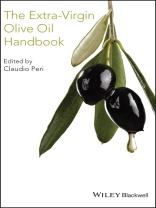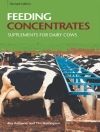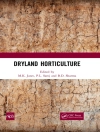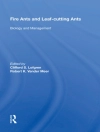According to European legislation, extra virgin is the top grade
of olive oils. It has a superior level of health properties and
flavour compared to virgin and refined olive oils. Mediterranean
countries still produce more than 85% of olive oil globally, but
the constant increase of demand for extra virgin olive oil has led
to new cultivation and production in other areas of the world,
including California, Australia, China, South Africa and South
America. At the same time, olive oil’s sensory properties and
health benefits are increasingly attracting the attention and
interest of nutritionists, food processors, manufacturers and food
services. Progress and innovation in olive cultivation, harvesting
and milling technologies as well as in oil handling, storage and
selling conditions make it possible to achieve even higher quality
levels than those stipulated for extra virgin oils. As a
consequence, a new segment – excellent extra virgin olive
oils – is increasingly attracting the attention of the market
and earning consumers’ preference.
The Extra-Virgin Olive Oil Handbook provides a complete
account of olive oil’s composition, health properties,
quality, and the legal standards surrounding its production. The
book is divided into convenient sections focusing on extra virgin
olive oil as a product, the process by which it is made, and the
process control system through which its quality is assured. An
appendix presents a series of tables and graphs with useful data,
including conversion factors, and the chemical and physical
characteristics of olive oil.
This book is aimed at people involved in the industrial production
as well as in the marketing and use of extra virgin olive oil who
are looking for practical information, which avoids overly academic
language, but which is still scientifically and technically sound.
The main purpose of the handbook is to guide operators involved in
the extra virgin olive oil chain in making the most appropriate
decisions about product quality and operating conditions in the
production and distribution processes. To these groups, the most
important questions are practical ones of why, how, how often, how
much will it cost, and so on. The Extra-Virgin Olive Oil
Handbook will provide the right answers to these key practical
considerations, in a simple, clear yet precise and up-to-date
way.
Sobre el autor
About the Editor
Claudio Peri is Professor Emeritus in Food Science and Technology at the University of Milan, Italy, and President of the Centre for Quality Studies of the Academy of Georgofili, Florence, Italy.












